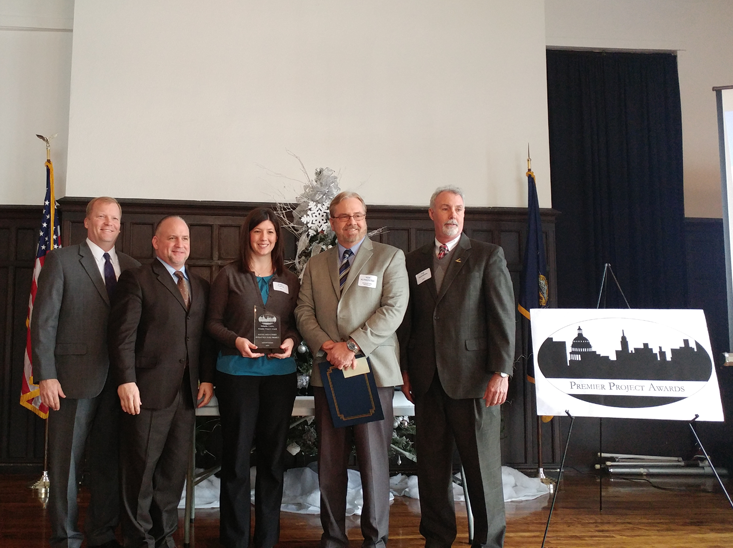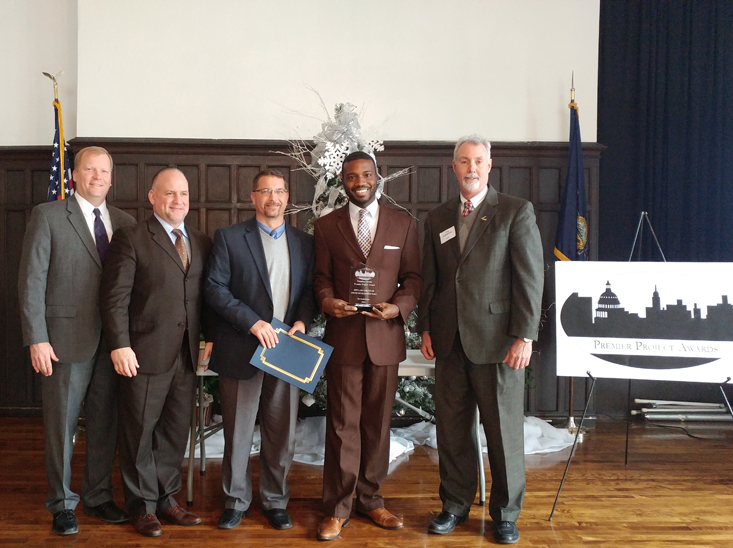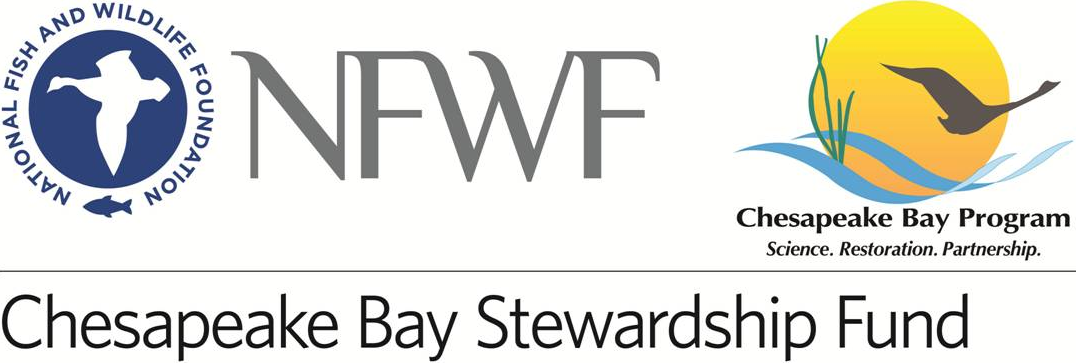Michael Hess Joins HRG as Senior Project Manager
 Michael Hess has joined Herbert, Rowland & Grubic, Inc. (HRG) as a senior project manager in the firm’s civil group. He will be responsible for providing municipal engineering services to clients throughout Central Pennsylvania and managing complex water quality projects.
Michael Hess has joined Herbert, Rowland & Grubic, Inc. (HRG) as a senior project manager in the firm’s civil group. He will be responsible for providing municipal engineering services to clients throughout Central Pennsylvania and managing complex water quality projects.
Mr. Hess is a licensed professional engineer with broad-ranging experience serving both the public sector and the private sector. He has assisted residential and commercial developers with site design and permitting, and he has assisted municipalities with stormwater management, water quality, transportation infrastructure, plan reviews, and regulatory compliance. He has also managed multi-disciplinary projects for government agency clients at both the federal and state level.
HRG assistant vice president Ed Ellinger is glad to welcome Hess back to the HRG team: “Mike worked with us early in his career, and we are so happy to have him back representing our clients. They will benefit greatly from his diverse skill set in all aspects of municipal engineering, particularly stormwater management, which is an increasingly important issue to local communities these days.”
ABOUT HRG
Herbert, Rowland & Grubic, Inc. (HRG) is an employee-owned, nationally ranked design firm providing civil engineering, surveying, and environmental services. The firm was founded in Harrisburg in 1962 and has offices in Pennsylvania, Ohio, and West Virginia. For more information, please visit our website at www.hrg-inc.com.


 Herbert, Rowland & Grubic, Inc. (HRG) is pleased to announce that
Herbert, Rowland & Grubic, Inc. (HRG) is pleased to announce that 
 The Central Penn Business Journal named Adrienne Vicari to its 23nd annual
The Central Penn Business Journal named Adrienne Vicari to its 23nd annual  This dedication extends outside the office to the Central Pennsylvania community, as well. Adrienne encourages young people to achieve success in science, technology engineering, and math related fields by participating in STEM-related events like the “Introduce a Girl to Engineering Day” at the Whitaker Center. She also serves as a board member with the Girl Scouts in the Heart of Pennsylvania organization and takes part in their annual STEM expo. In addition, she coaches Central Penn Mini Sticks field hockey and a Cumberland Valley softball 10U team.
This dedication extends outside the office to the Central Pennsylvania community, as well. Adrienne encourages young people to achieve success in science, technology engineering, and math related fields by participating in STEM-related events like the “Introduce a Girl to Engineering Day” at the Whitaker Center. She also serves as a board member with the Girl Scouts in the Heart of Pennsylvania organization and takes part in their annual STEM expo. In addition, she coaches Central Penn Mini Sticks field hockey and a Cumberland Valley softball 10U team.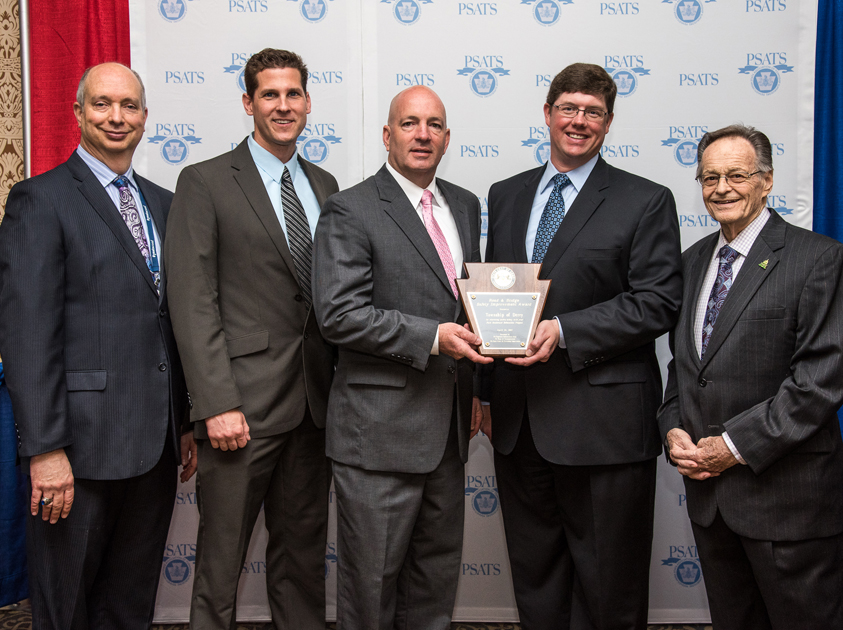
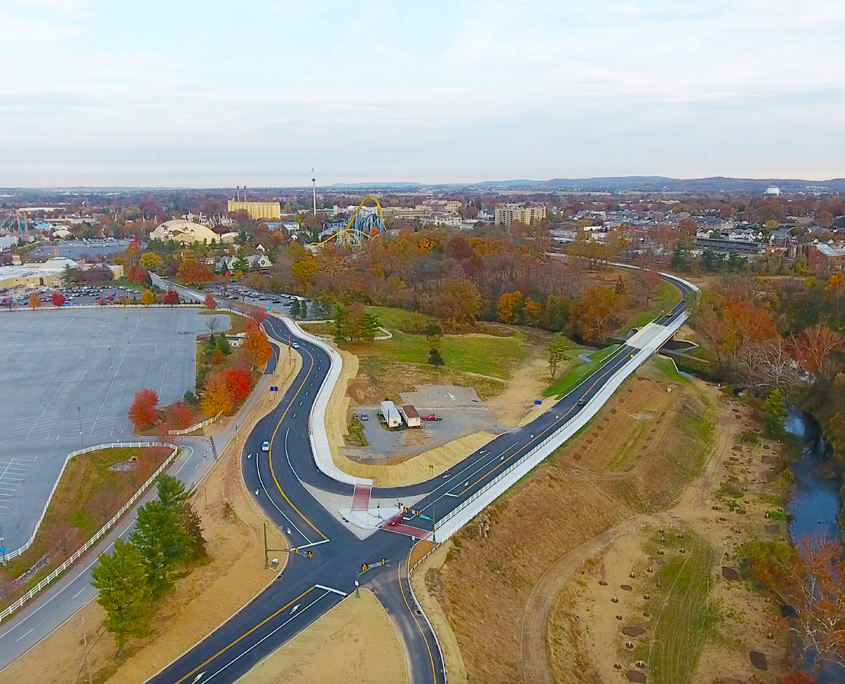
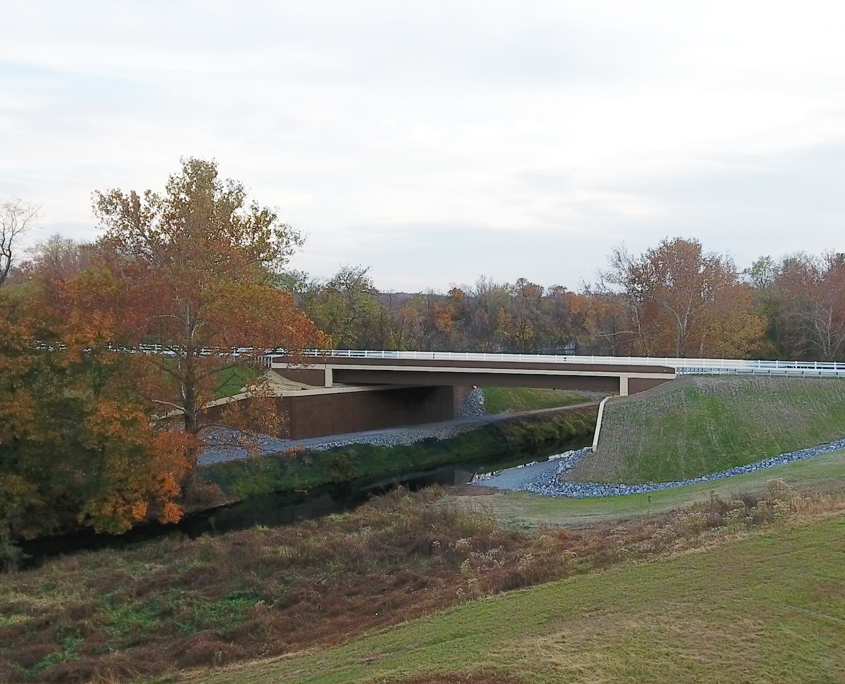
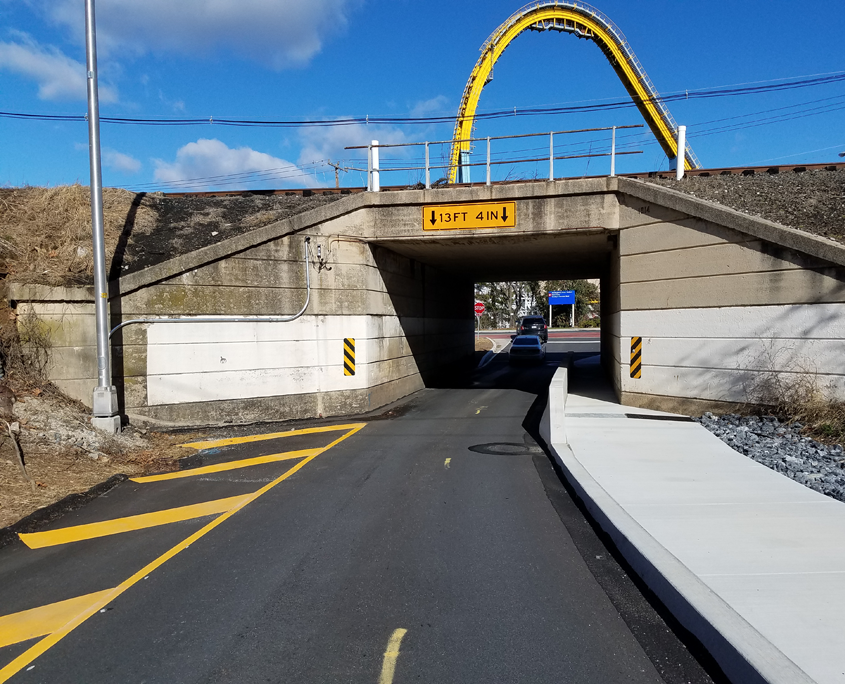
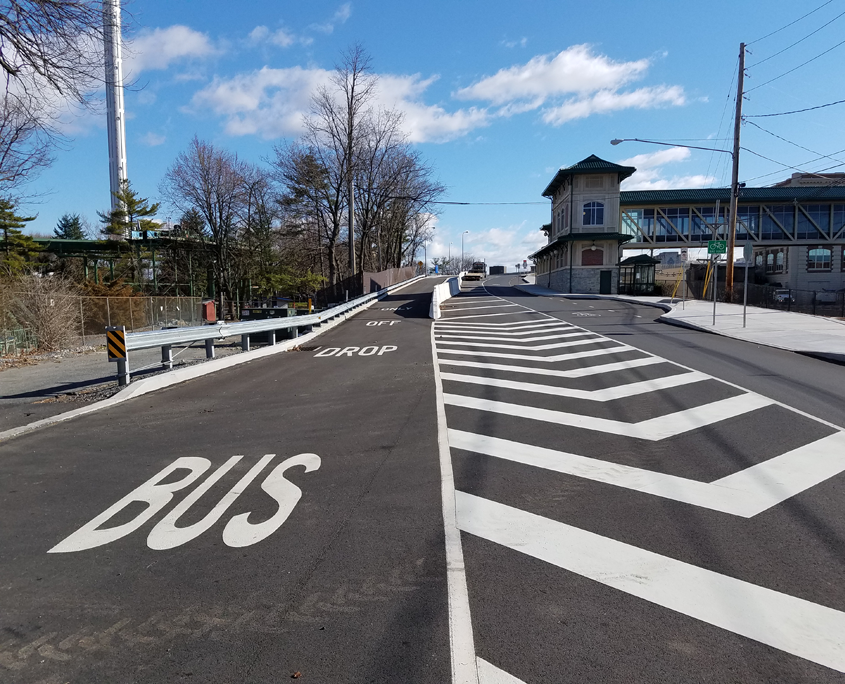

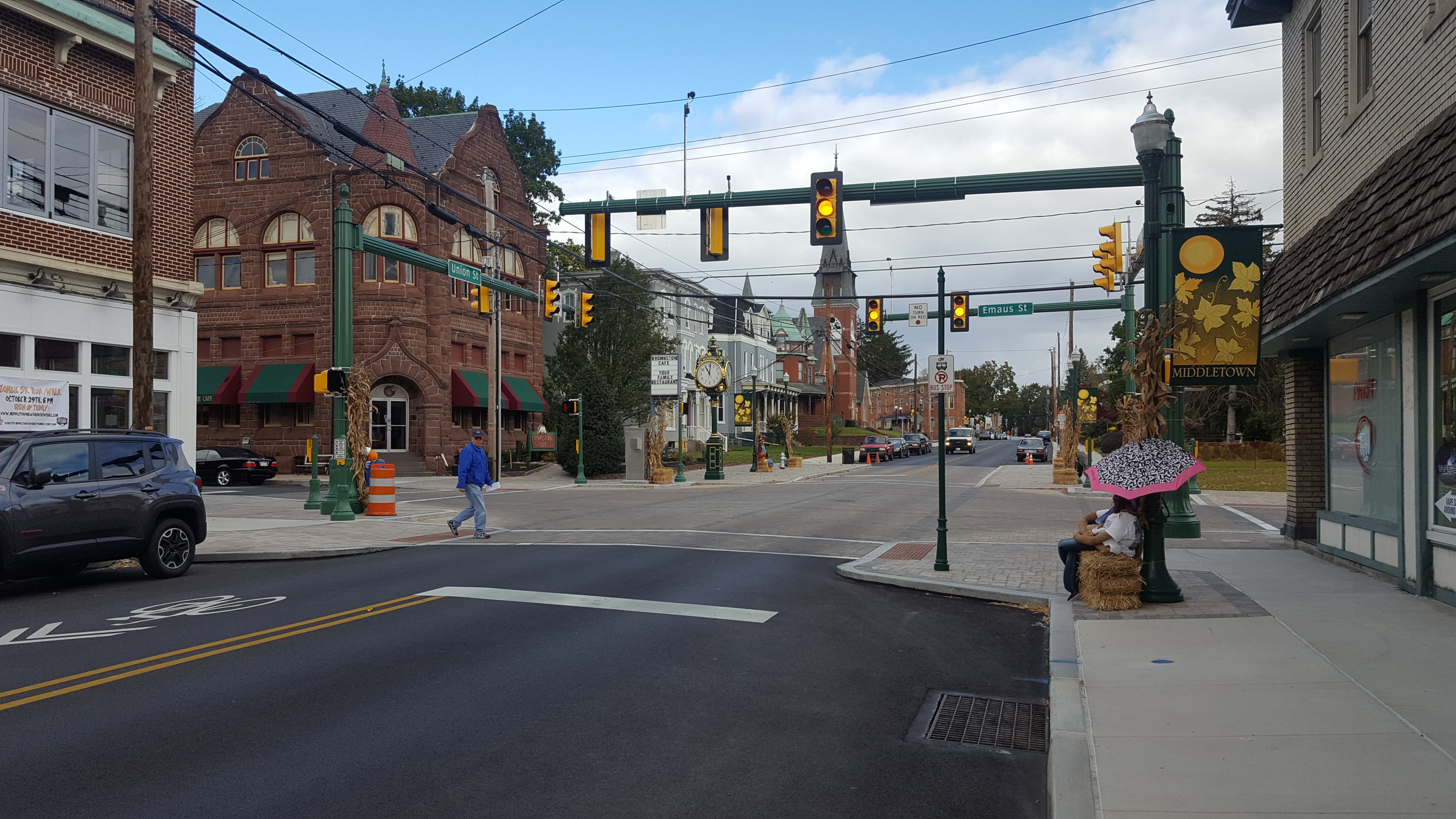
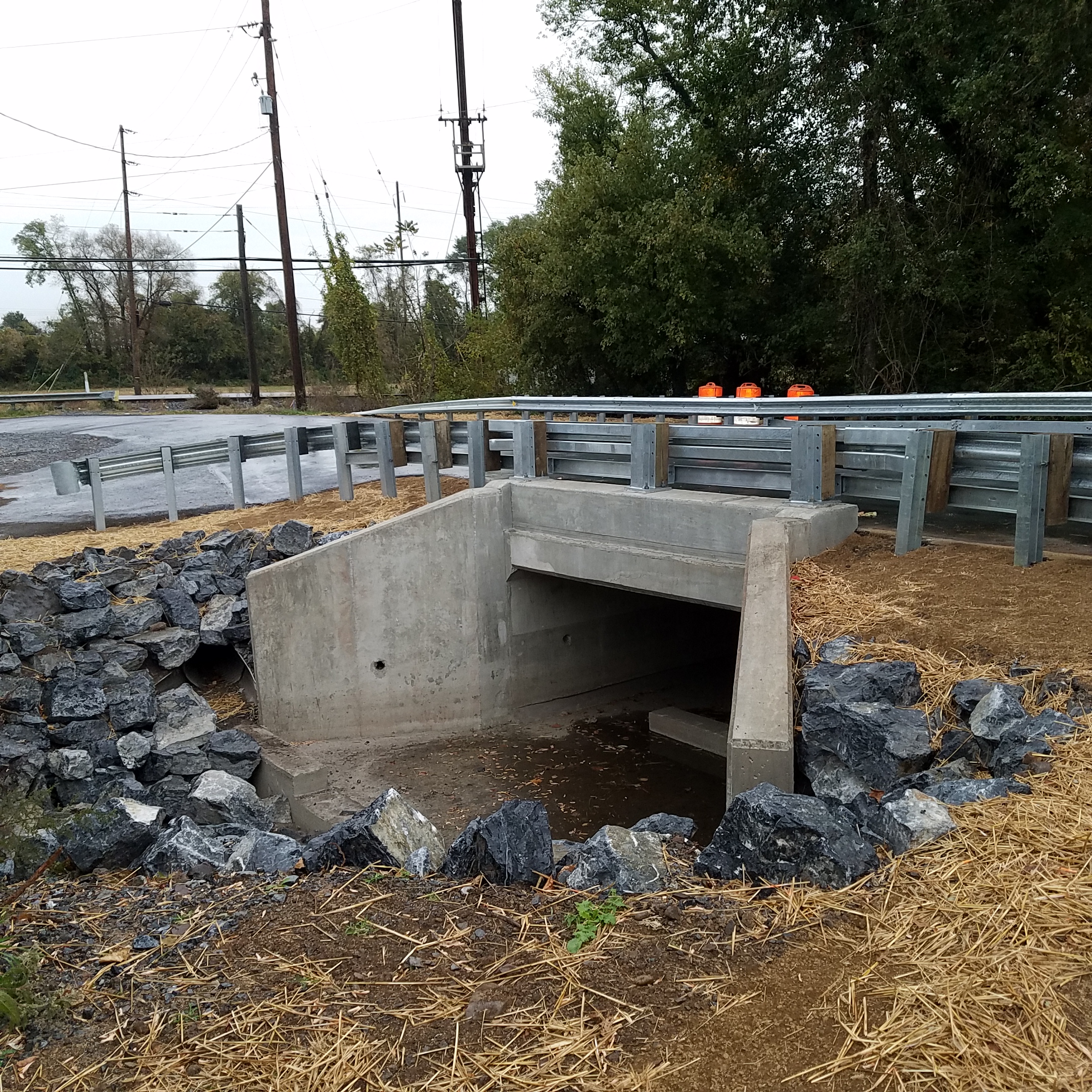
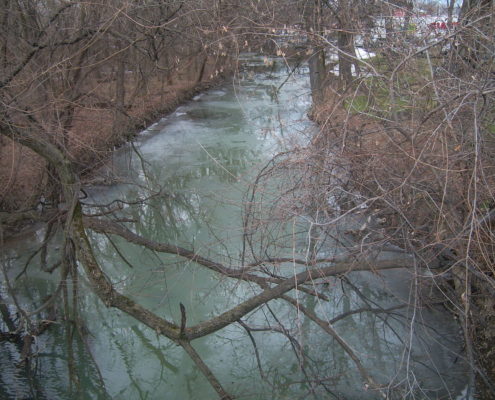 HRG is partnering with
HRG is partnering with 